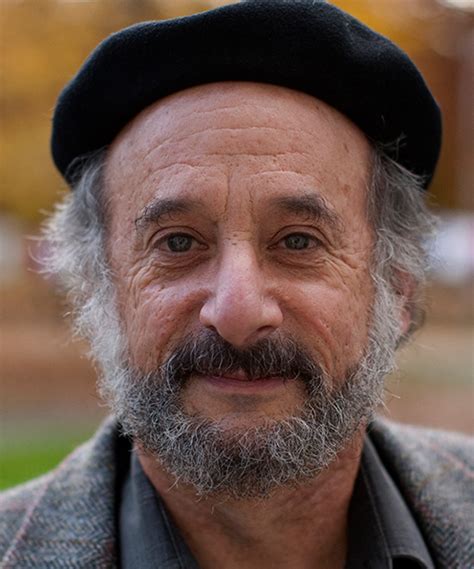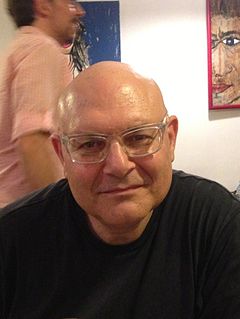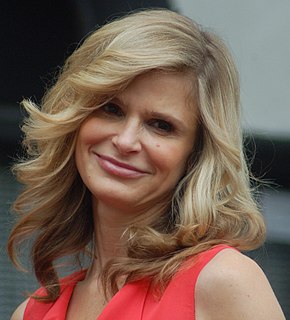A Quote by Jay L. Garfield
When we translate, we always to some extent betray the text we are translating. That is why translation is so hard and thankless. All you can do is to fail in the least egregious way possible.
Related Quotes
Translation is entirely mysterious. Increasingly I have felt that the art of writing is itself translating, or more like translating than it is like anything else. What is the other text, the original? I have no answer. I suppose it is the source, the deep sea where ideas swim, and one catches them in nets of words and swings them shining into the boat... where in this metaphor they die and get canned and eaten in sandwiches.
Translation rewrites a foreign text in terms that are intelligible and interesting to readers in the receiving culture. Doing so is akin to committing an act of ethnocentric violence by uprooting the text from the language and culture that gave it life. Translating into current, standard English at once conceals that violence and homogenizes foreign cultures.
In translation studies we talk about domestication - translation styles that make something familiar - or estrangement - translation styles that make something radically different. I use a lot of both in my translation, and modernism does both. For instance, if you look at the way James Joyce presents Ulysses, is that domesticating a classic? Think of it as an experiment in relation to a well-known text in another language.
With Orff it is text, text, text - the music always subordinate. Not so with me. In 'Magnificat,' the text is important, but in some places I'm writing just music and not caring about text. Sometimes I'm using extremely complicated polyphony where the text is completely buried. So no, I am not another Orff, and I'm not primitive.
I have made a very rude translation of the Seven against Thebes, and Pindar too I have looked at, and wish he was better worth translating. I believe even the best things are not equal to their fame. Perhaps it would be better to translate fame itself,--or is not that what the poets themselves do? However, I have not done with Pindar yet.
I don't speak any languages well enough to make an expert assessment on writing in translation, but since I'm interested in awkwardness in prose, I find I like the way translated texts can sometimes acquire awkwardness in the process of translation. There's a discordance translation can create which I think is sometimes seen as a weakness but which I think can be a really interesting aspect of the text.
But actually a code is a language for translating one thing into another. And mathematics is the language of science. My big thesis is that although the world looks messy and chaotic, if you translate it into the world of numbers and shapes, patterns emerge and you start to understand why things are the way they are.
































